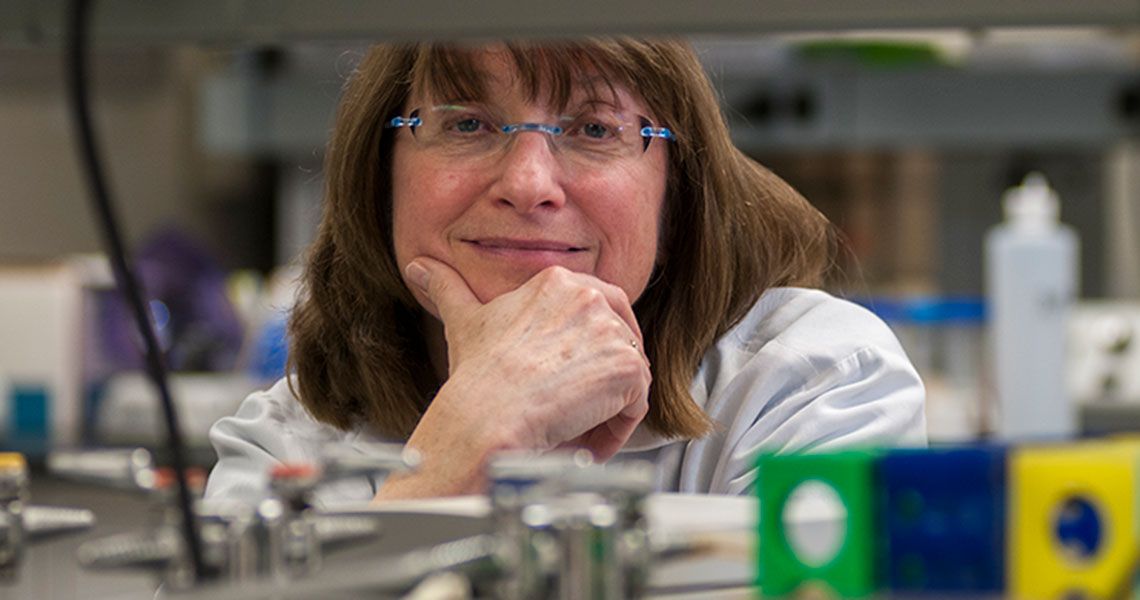Sally Moody, PhD, chair of the Department of Anatomy and Regenerative Biology and professor of anatomy and regenerative biology at the George Washington University School of Medicine and Health Sciences, will take a six-month sabbatical in Israel starting this month to finish research for a study on the gene network that regulates neural plate size and regional specification.
Moody is working in the lab of co-principal investigator Abraham Fainsod, PhD, professor in the Department of Developmental Biology and Cancer Research at the Hebrew University of Jerusalem. They began their research in 2014 as part of a three-year grant from the U.S.-Israel Binational Science Foundation.
“We are trying to understand how the nervous systems of embryos … scale to the size of the embryos,” Moody explained. “So the nervous system of a bigger embryo is going to be bigger than one of a smaller embryo. … But there has to be a mechanism to regulate exactly how big the different organs are.”
The work combines Fainsod’s expertise in cell signaling pathways that regulate the induction of the nervous system with Moody’s knowledge of the transcription factors that regulate the beginning steps of neural development, she noted.
Moody added that at the beginning of the study, she and Fainsod were expecting a 1-to-1 ratio between the signaling factors that make the mesoderm, or middle layer of the embryo, bigger and then induce the neural ectoderm. “We thought that would cause the neural ectoderm to get bigger as well,” Moody added. “It turns out the neural ectoderm genes that we’ve been studying are regulated in a very different way.”
She added that they have not yet nailed down the exact mechanism by which the two different sets of genes are regulated, and her sabbatical will include more experiments in that space.
In addition, Moody said she also will be conducting research to identify molecules that are dysregulated in myriad birth defects, including those caused by fetal alcohol syndrome. “It’s important to understand what the precise molecular causes of these defects are, and our goal is to be able to diagnosis them in utero through gene chipping,” she added.
The ability to work side by side with Fainsod, Moody added, will be incredibly helpful to conduct and complete the research. She also will have the opportunity to participate in Fainsod’s developmental genetics course for graduate students at the Hebrew University of Jerusalem during her time in Israel.
In addition, Moody has been appointed to serve as chair of the Department of Anatomy and Regenerative Biology. She has been the interim chair of the department since July 2016.



